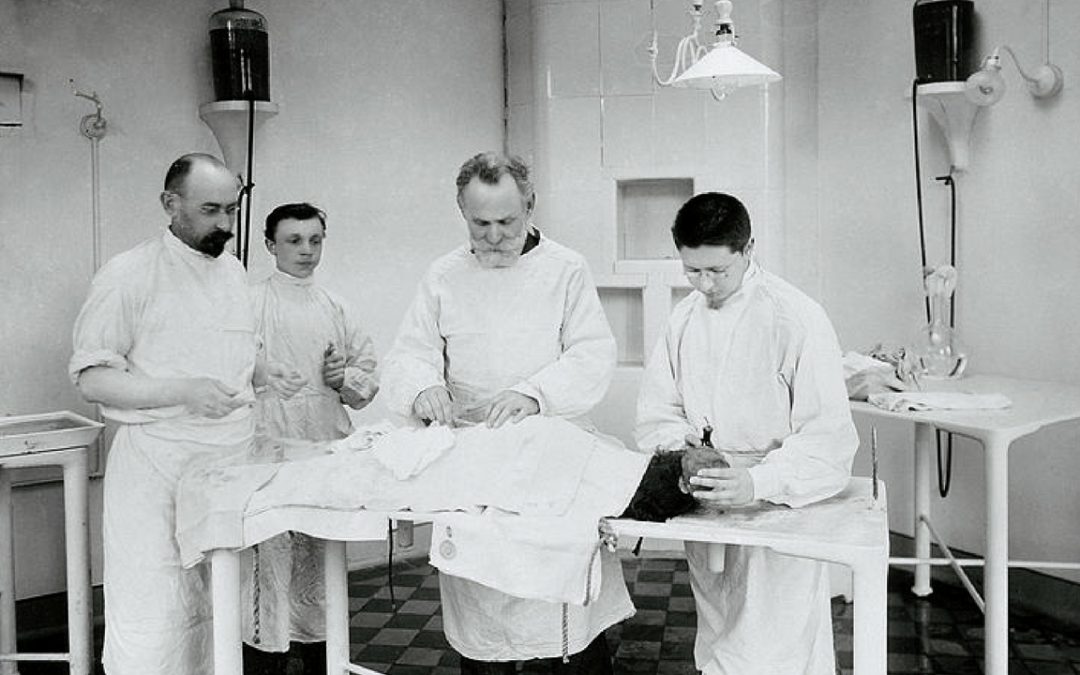Psychology is the study of behaviour and the mind, it includes all aspects of the conscious and unconscious thought, and experience. Psychologists tell us more about who we are as a person, and explore the mind which is still one of the biggest mysteries in the world. Famous psychologists make new theories, and discoveries about the human mind that force us to look at ourselves from a completely new perspective. Some of the most famous psychologists have revealed dark secrets of the human mind that many people would rather not accept as true. Some famous psychologists have come to conclusions and made new discoveries through controversial and dark experiments most people would consider immoral, and in some places illegal.

Sigmund Freud
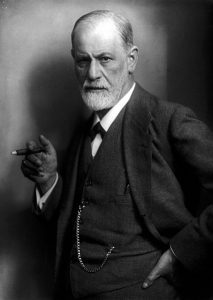
Sigmund Freud was an Austrian Neuroscientist, and the founder of Psychoanalysis. This was a revolutionary new method of treating mental disorders and illness through talking with a psychoanalyst. He would ask his patients questions to try and get to the root cause of the problem. Freud had some ground breaking theories about the human mind, one being the death drive. This is a drive humans have towards towards death and self-destruction. This drive was the source of compulsive repetition, like having a flashback to a traumatic event, and also the cause of hate, guilt, and aggression. Freud also popularised the theory of the unconscious. Which states that the unconscious mind consists of the processes in the mind which happen automatically, and go unnoticed by the conscious mind. Before he died in 1939 Freud had become one of the most controversial and famous psychologists in the world.

B.F. Skinner
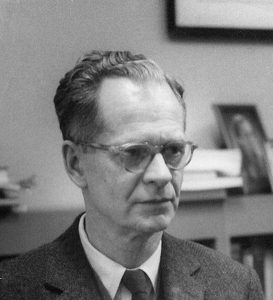
Copyright Silly rabbit / (CC BY 3.0)
B.F, Skinner was a famous American Psychologist who lived from 1904 – 1990. Skinner believed that there was no such thing as free will. He believed that the actions we take are entirely dependent on the consequences of actions we took beforehand. If the consequences were bad the actions will most likely not be repeated, but if the consequences were good, it’s more likely the actions leading up to it will be repeated. This is called the principle of reinforcement. Skinner developed Radical Behaviourism which was a philosophy of science , and founded a school for experimental research psychology. Skinner was a pioneer of modern behaviourism and one of the most influential and famous psychologists of all time.

Jean Piaget
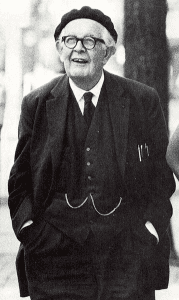
Jean Piaget was a Swiss clinical psychologist known for his theories on child development and the origins of knowledge. Piaget developed a theory known as Piaget’s theory of cognitive development . He believed that a persons childhood played a big role in a person’s development. He believed that children comprehend the reality they live in, discover discrepancies between what they believe and what they experience and adjust their understanding accordingly. Piaget’s theories have become popular in the modern world, and has been very successful. Some applications of Piaget’s theories are open education, and child-centered classrooms.

William James
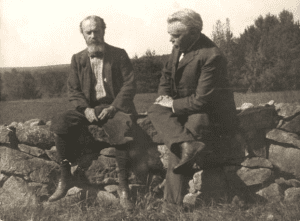
William James was an American philosopher and psychologist, and the first person to offer to teach psychology in the United States. James is famous for his work in psychology, and has even been dubbed the father of American psychology. One of his most famous contributions to the field of psychology is known as functional psychology also known as functionalism. Functionalism is a psychological philosophy that considers mental life, and behaviour in terms of active adaptation to someone’s environment. Functionalism arose as an alternative to structuralism. Functionalism built on structuralism and eventually led to behaviourism. James was born into a wealthy, and intellectual family. He was the son of a Swedenborgian theologian, his brother was a prominent novelist, and his sister was a diarist.

John B. Watson
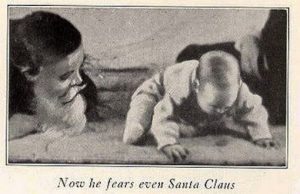
John Watson was the founder of Behaviourism, a school of psychology that favours a systematic approach to the understanding of human and animal behaviour. Behaviourists believe that the behaviour of animals is just a natural reflex to certain stimuli, or a consequence of that person’s history, including reinforcement, and punishment, that person’s mindset at the time, and controlling stimuli. Watson once conducted a controversial experiment known as the little albert experiment. In this experiment he succeeded in showing empirical evidence of classical conditioning. Watson observed children and came to the conclusion that a child’s fear of loud noises is innate, and that by using this he could condition children to fear things they wouldn’t normally be afraid of like cuddly toys, and Santa Claus. Watson used a nine month old baby known as Albert for his experiment. He first introduced the baby to several stimuli including, dogs, a white rat, a rabbit, a monkey, cotton, wool, masks with and without hair, and burning newspapers. At first the baby wasn’y afraid of any of these. They put Albert on a mattress in the middle of the room, and let him play with a lab rat. Every time he touched the rat, they would make a loud noise behind the baby. They did this every time he touched the rat, and eventually he became afraid of the rat even though he didn’t fear it at first. When he saw the rat again he would begin to cry, and crawl away. They had created an unnatural, conditioned fear of the rat.

Wilhelm Wundt
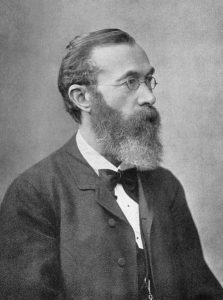
Wilhelm Wundt is the father of modern psychology and the first person to ever call himself a psychologist. In 1879 Wundt founded the first formal laboratory of psychological research. Wundt used his laboratory to study religious beliefs, and try to identify mental disorders, and unusual behaviours. Wundt focused on three areas of psychology these were thoughts, feelings, and perceptions. Wundt studied medicine at university from 1851 to 1856. Wundt established psychology as a science in it’s own right. Wundt believed that psychology should focus on analysing consciousness, the mind, and a person’s subjective experience of the mind. This later evolved into structuralism.

Alfred Binet
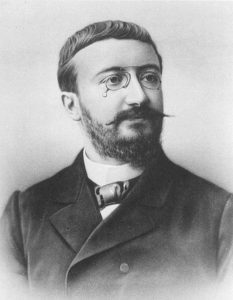
Alfred Binet invented the first IQ (Intelligence Quotation) test. Binet was a French psychologist, and was asked by the French Ministry of Education to develop a test that would help them work out which students would have have trouble learning in a classroom environment, so they could be given remedial work to help them improve. Binet experimented of chess players, and chess masters, he wanted to see how well they could play while blindfolded. He discovered that only a few players who had mastered the game were able to play from memory. To play from memory some players imagined an exact replica of the board, while others had a more abstract vision in mind. Binet realised that people with extraordinary memories can use a variety of techniques or mnemonics.

Ivan Pavlov
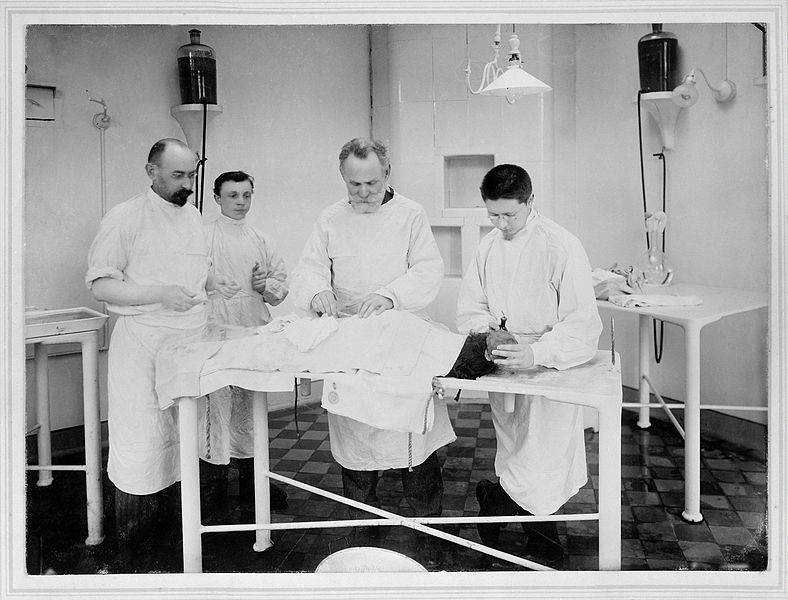
Ivan Pavlov was the first Russian to win a Nobel prize and one of the most cited psychologists of the 20th century. Pavlov showed traits of incredible intelligence even as a child, and had a passion for learning. Pavlov’s father was a priest, and he was following in his father’s footsteps until he was inspired by the work of D.I. Pisarev, and decided to give up a religious career and follow and follow a life of science. One of Pavlov’s greatest contributions to psychology is Pavlovian conditioning. This is something he discovered accidentally, he noticed that when his dogs saw him they would start to salivate even when he wasn’t bringing them food. He determined that salivating when dogs see food was an innate response, but salivating when they see him was a learned one.

Carl Jung

Carl Jung is a Swiss psychologist and psychotherapist, he is the founder of analytical psychology. The most significant part of analytical psychology is individuation. Individuation is the psychological process of integrating the opposites, including conscious with the unconscious while still maintaining their relative autonomy. Jung considered individuation to be the central process of human development. Jung theorised some of the best known psychological concepts one being psychological complexes which is a pattern of emotions, perceptions, and wishes ingrained in someone’s unconscious mind which can be centered around power or status. One of these complexes is an inferiority complex, where people feel they are inferior in some way, and try to overcompensate for it with exceptional achievements.

Melanie Klein
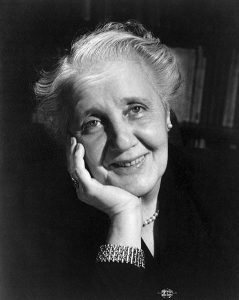
Copyright Douglas Glass / (CC BY 4.0)
Melanie Klein was a psychologist, and psychoanalyst who invented techniques that had a significant influence on child psychology, and psychoanalysis. Klein believed in many of Freuds ideas and, was the first person to use psychoanalysis on children. Klein is one of the co-founders of object relations theory. Object relations theory is the process of developing a psyche in relation to other people in their life while growing up. It states that the way a person interacts with another is shaped by their family life as they were growing up. Someone who grew up with parents who acted a certain way might expect someone who reminds them of their parents to act in a similar way to their parents.

